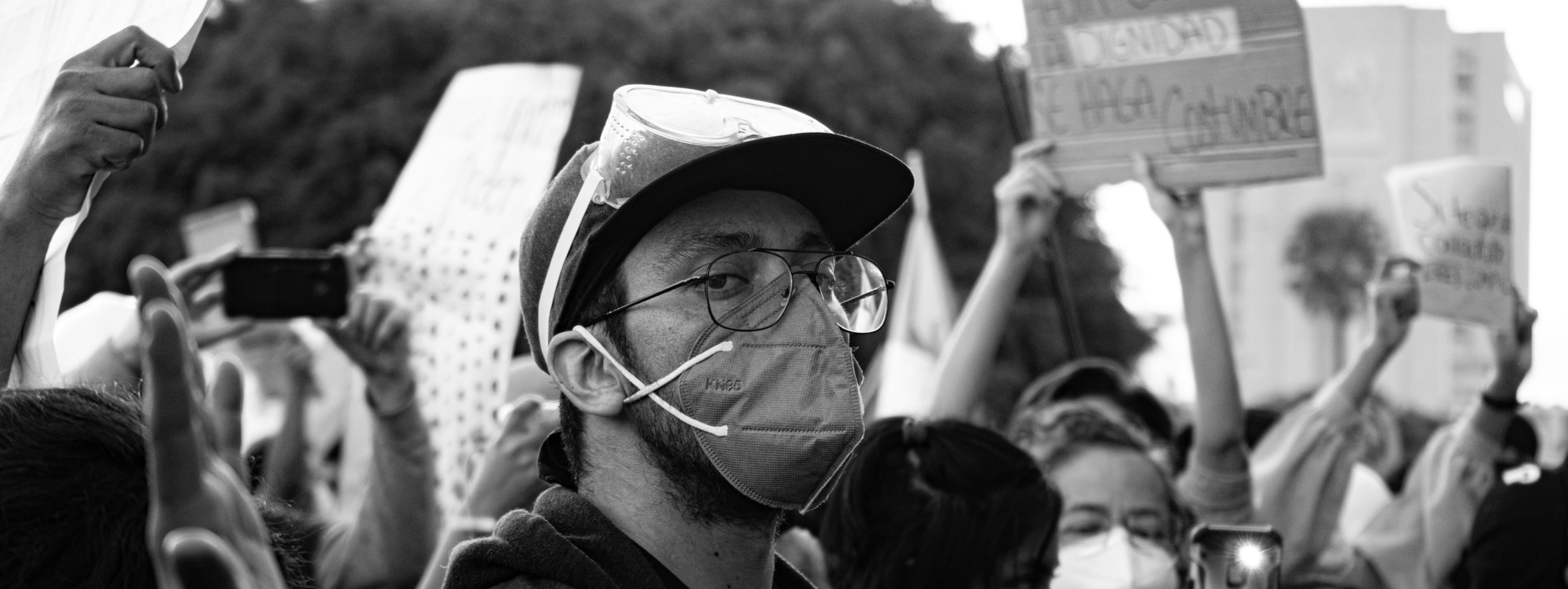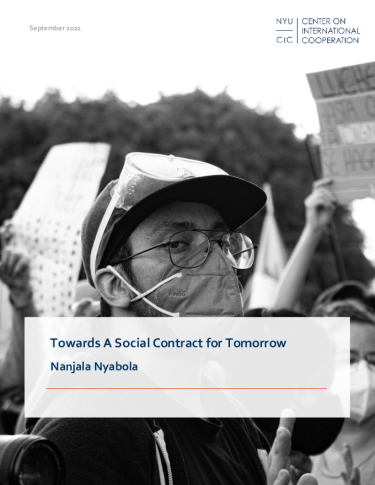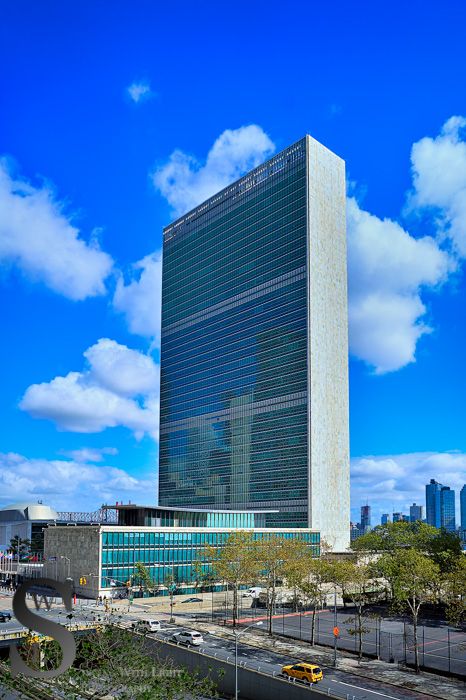The COVID-19 pandemic is an opportunity to re-evaluate the principles or ideas that are at the heart of theories of government, and that is the fundamentals of governance and public theory. What is government for, but also what should government do and how. Engaging with the crucial philosophical questions of governance is integral to building back better: going back to basics is a major step in figuring out how to prevent mistakes from happening again.

The social contract is one such principle, arguing that individuals cede some of their personal freedoms to the government in exchange for protection from some of the physical and structural violence of life outside of society. It is used to refer to the tacit agreement between citizens and states whereby a state will provide protection and services to citizens, in exchange for citizens abiding by the laws of the land. At the same time, an implicit social contract also exists at an international level, where states agree to some authority being given to international organizations such as the World Health Organization (WHO) in exchange for global coordination on the pandemic. In its simplest form, the concept of a social contract is the expectation of protection and service provision for states in exchange for consent to be governed from the people.
For Pathfinders, the idea of a social contract is central to our redistribution and recognition framework. Specifically, redistribution is about justice in the allocation of material goods to members of the society, as well as putting systems in place that make sure that living in society is ultimately more beneficial for citizens and living in organized international society is more beneficial to countries, rather than harmful to them. The social contract offers a philosophical principle for turning calls for redistribution into social norms. It answers the question “why” for the broad range of policy proposals we put together to encourage states to advance specific activities. Moreover, the recognition framework sets out the importance of belonging in defining an active citizenry. This paper offers a survey of some key theories of the social contract, distilling some of their core propositions in order to map a way to building back better by restoring and renewing these commitments.
Read the full paper: Towards a Social Contract for Tomorrow



